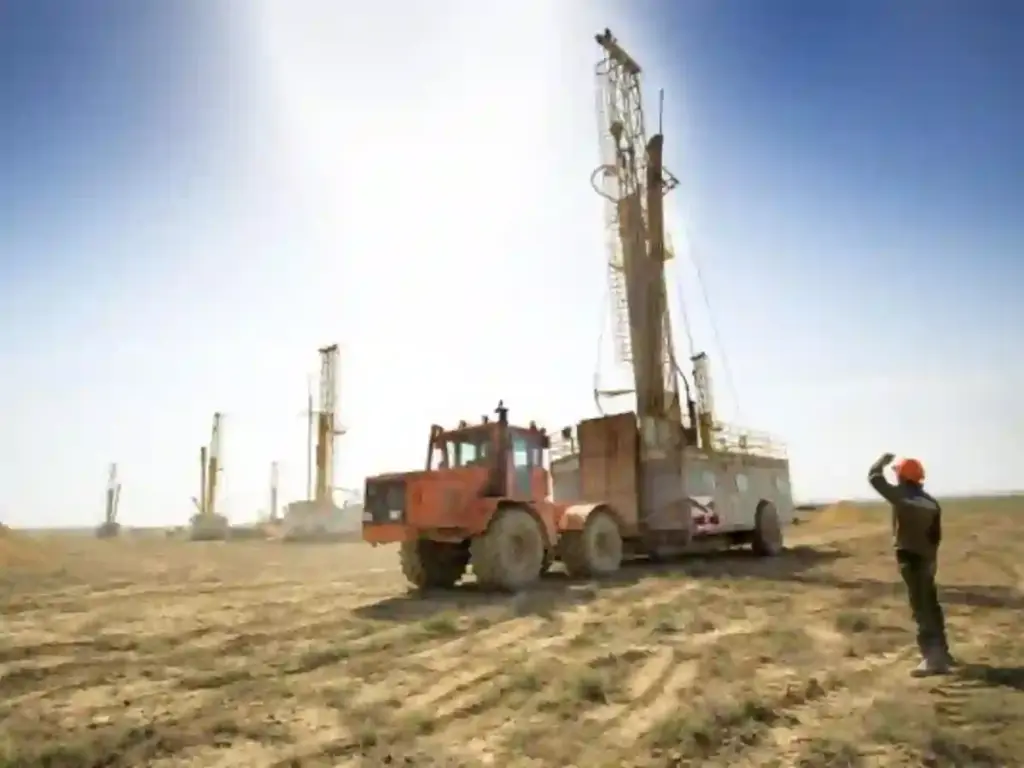Coming off the heels of the latest BRICS summit in Rio de Janeiro, Russia has made a big announcement about its next steps with Iran—specifically when it comes to nuclear energy.
Russian Foreign Minister Sergey Lavrov revealed that Moscow is prepared to enrich uranium for Iran, strictly for civilian purposes, as part of an ongoing collaboration between the two nations.
Not Mediation—Just Practical Cooperation
Lavrov made it clear: Russia isn’t stepping in as a go-between.
This isn’t about resolving disputes or mediating tensions—it’s a direct offer of help, grounded in technical cooperation.
“We’re not talking about mediation,” Lavrov said.
“President Putin reminded everyone that when the original nuclear agreement—known as the Joint Comprehensive Plan of Action or JCPOA—was signed, it included a role for Russia in helping Iran process its uranium.
That’s something we’re still capable of doing today.”
Russia Offers to Reprocess Surplus Uranium
One key part of this cooperation involves Russia taking in uranium that Iran enriches beyond what’s allowed for civilian use.
Lavrov explained that Moscow is willing to collect any surplus material, reprocess it to levels suitable for peaceful energy production, and then return it to Iran for use in its nuclear power infrastructure.
This kind of nuclear partnership isn’t new. Under the original JCPOA deal, Russia was already involved in converting and storing enriched uranium from Iran.
What Lavrov is suggesting now is essentially picking up where they left off.
Cooperation Within Religious Boundaries
President Vladimir Putin also recently weighed in on the matter.
In a statement made back on June 21, he emphasized Iran’s official religious stance against developing nuclear weapons.
This ban, based on a fatwa issued by the country’s Supreme Leader, is something Russia respects in its ongoing partnership.
Putin said that Iran’s actions are guided by its moral and religious values—something Moscow fully acknowledges and factors into its nuclear dealings.
“Iran is an Islamic republic and operates by its own set of principles,” he noted, “and we consider that in our cooperation.”
A Return to the JCPOA Spirit?
While the JCPOA itself has faced many hurdles—especially after the U.S. withdrawal in 2018—Russia appears eager to preserve some of its foundational elements.
By offering to help Iran with enrichment and safe handling of uranium, Moscow is signaling that it still sees value in the structure of peaceful nuclear collaboration laid out years ago.
Whether this move will reignite broader international discussions around the JCPOA or lead to deeper bilateral energy ties between Iran and Russia remains to be seen.
But for now, Moscow is stepping forward with a clear message: it’s ready to help, as long as the goal remains peaceful.

